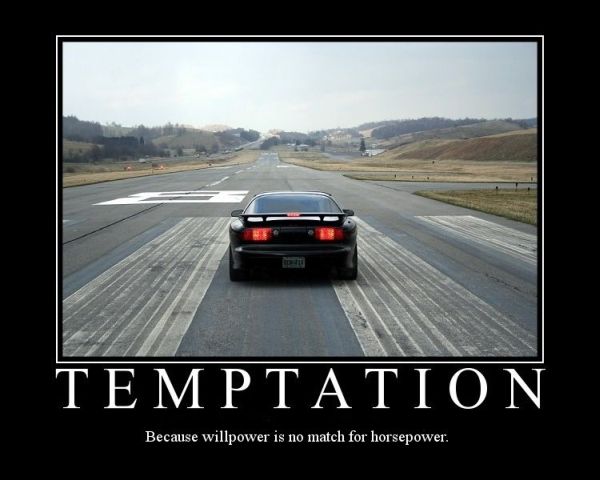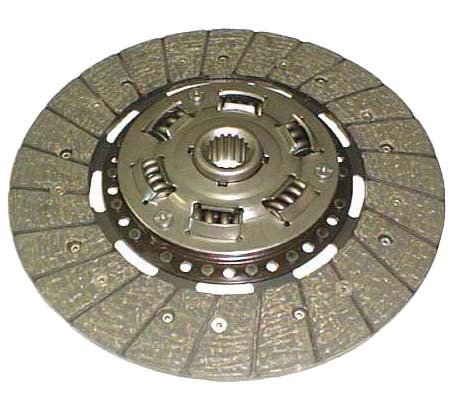Hey everyone, how's it going?
Today we are talking videogames, I'm sorry, but I really need a break from cars.
More specifically, we are going to talk about Mass Effect 3, and how a lot of people seem to be up in arms against the game's ending, and how they were cheated from the promises that Bioware made to them.
I just don't believe that people should be so angry over this.
(
"Screw this, I'm going back to sleep")
Now, what I am going to argue here, isn't whether the ending is good or not, because frankly, I doubt anyone really cares enough to lose sleep over it. It's whether I think that ME3 delivered.
First of all, and to be look at things a bit more critically, the campaign is just massive, the amount of decisions to be made in this game are simply too many, and to be able to explore every decision may take hundreds of hours, and it should be taken into account, that each decision has its own consequences, and the ramifications of each dilemma are just HUGE, at least up until the last sections of the game.
"Yeah, but the game ended horribly, none of my decisions really accounted for any of the events that ended the story, and there is no difference between the endings except for the color of the explosion that destroys the universe"
Yes, and the ending IS a very important thing in ANY thing, be it a game, book, movie, or even song, and you pay to be wowed, but to change the ending that has already been written is completely unrealistic and to be honest, it defeats the purpose of the game.
The creators really are just artists, and it should be THEIR decision how they want to send their baby out. The same way in which an author, musician, script writer, or painter would wand to send theirs.
You bought the game, you liked it enough to play through it, but you hated the ending. Tough luck, buddy.








